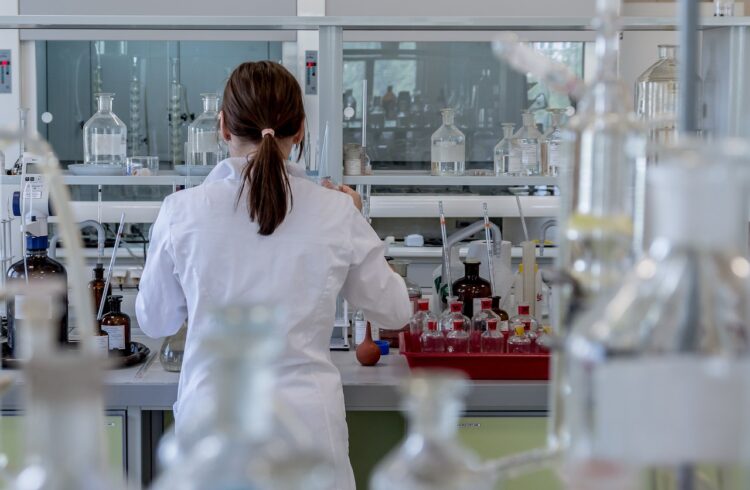In today’s society, an overconsumption of fats, especially the unsaturated trans fats, significantly increases the risk of developing lifestyle diseases such as obesity and dyslipidemia. Meanwhile, interest in the anti-obesity and prebiotic properties of seaweed polysaccharides has been steadily growing. The potential of Saccharina japonica polysaccharides as anti-obesity and prebiotic agents is significant, though the […]
Category: Fucoidan Research
Fucoidan, a sulfated carbohydrate rich in fucose and derived from brown seaweed and echinoderms, demonstrates antiviral properties against viruses including herpes simplex. Fucoidan also exhibits direct antiviral activity against a range of influenza viruses; previous research indicates it blocks viral attachment, entry, and replication. In this blog, I would like to share the following study […]
Patients with chronic kidney disease (CKD) and impaired kidney function often develop mineral and bone disorders. These include metabolic imbalances in calcium, phosphorus, parathyroid hormone, vitamin D, and FGF23, resulting in abnormal bone structure and vascular calcification. Recently, CKD-mineral and bone disorder (CKD-MBD) has become one of the common complications occurring in CKD patients with […]
Fucoidan, a polysaccharide, comes from marine sources. Fucoidan’s diverse biological activities, including lipid-lowering, anti-atherosclerosis, and anticoagulation, have made it increasingly popular in recent years. In this blog, I would like to introduce the study, “Application of fucoidan as a treatment for cardiovascular and cerebrovascular diseases” by Ke Wang et al. This study reveals how fucoidan […]
Diabetes poses a considerable and growing threat to global human health, as its incidence continues to rise internationally, demanding increased attention to prevention and treatment strategies. Although current medications reduce diabetes mortality and morbidity, their adverse health effects are becoming an urgent issue. In contrast, supplementing with polysaccharides provides an effective, side-effect-free approach to managing […]
The strong correlation between high-salt diets, defined as diets with excessive intakes of salt, and the development of a number of serious illnesses, including hypertension, chronic kidney disease, and various autoimmune diseases, is well established in the medical literature. However, the mechanisms underlying HSD-induced inflammation promotion and exacerbation of these diseases have not been fully […]
Inflammatory bowel disease (IBD), encompassing Crohn’s disease (CD) and ulcerative colitis (UC), is a complex, chronic, and multifactorial gastrointestinal disease of unknown origin that is characterized by periods of intestinal inflammation that relapse and remit. Fucoidan, a sulfated polysaccharide derived from brown algae, in contrast, is a recognized anti-inflammatory agent; furthermore, research indicates that fucoidan […]
The anti-aging properties of Sargassum, a brown algae, have been highlighted in recent studies. Sargassum extracts and their derivatives hold great promise in skincare because of their many benefits, including antioxidant, anti-inflammatory, whitening, skin barrier repair, and moisturizing properties. In this blog, I would like to introduce the study, “Potential Beneficial Effects of Sargassum spp. […]
Malignant tumor metastasis, the process by which cancer spreads, is a crucial aspect of the disease and accounts for the vast majority of deaths attributed to cancer. Tumor metastasis via lymphatic vessels is considered one of the fundamental steps in the metastatic dissemination of tumors. The development of effective new cancer treatments thus requires the […]
The inflammatory response to spinal cord injury involves activated immune cells and pro-inflammatory mediators that worsen tissue damage and disrupt normal neuronal activity. SCI induces widespread apoptosis of neurons, further compromising the structural and functional integrity of the spinal cord. This complex interplay of pathological processes poses a major obstacle to effective SCI treatment strategies. […]






